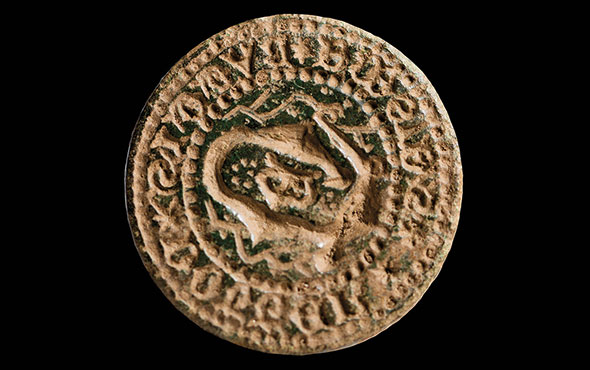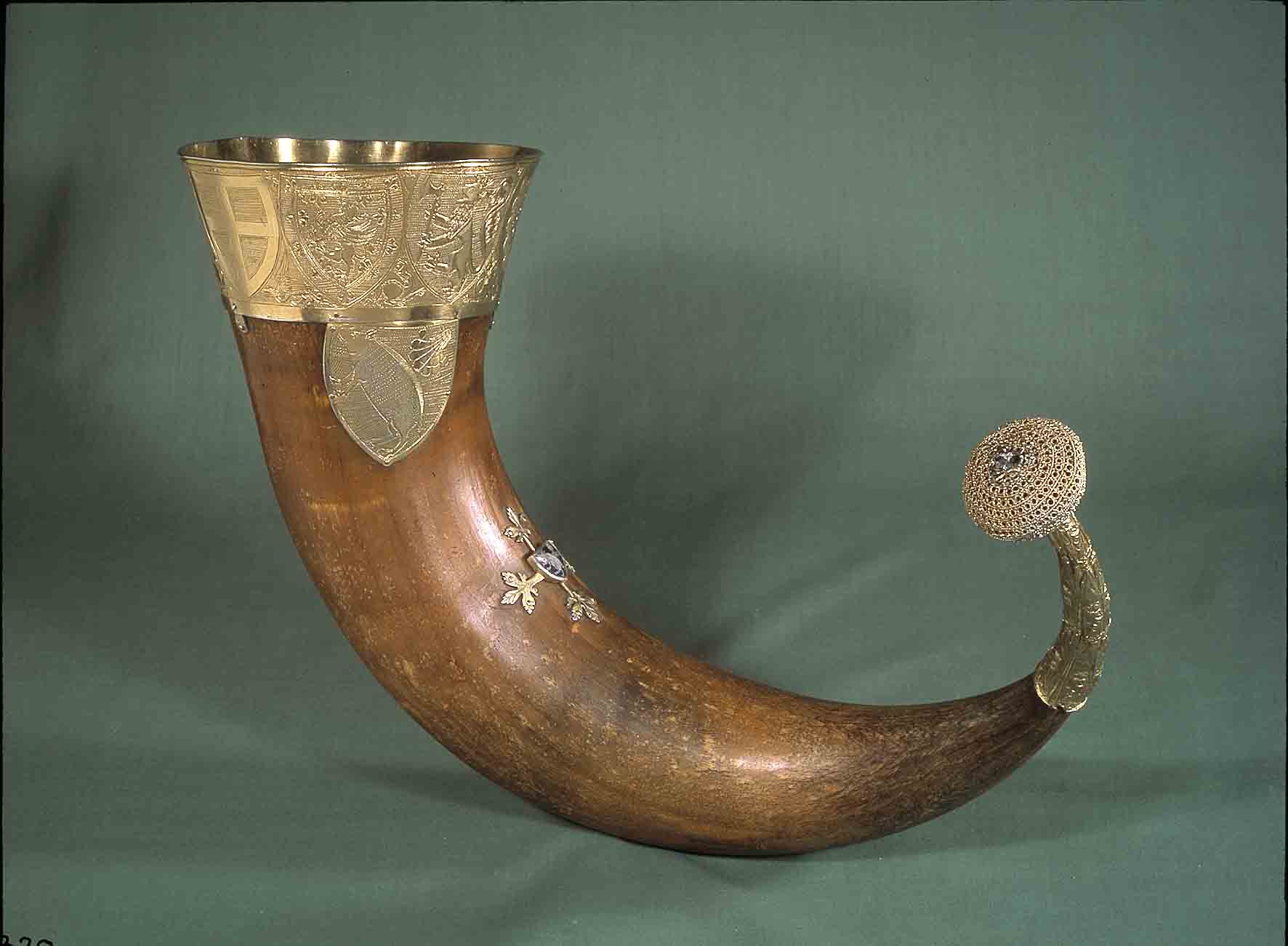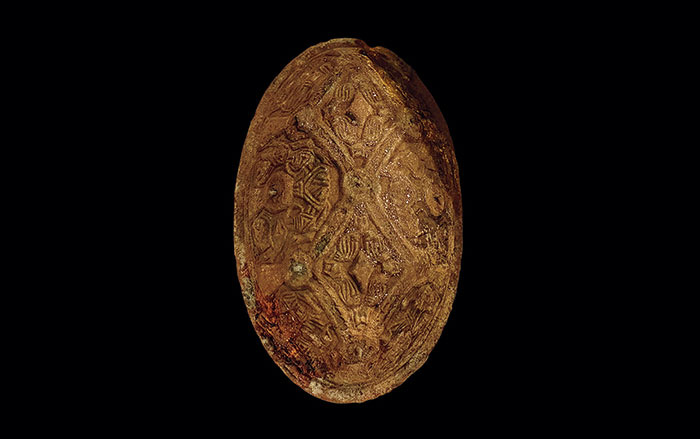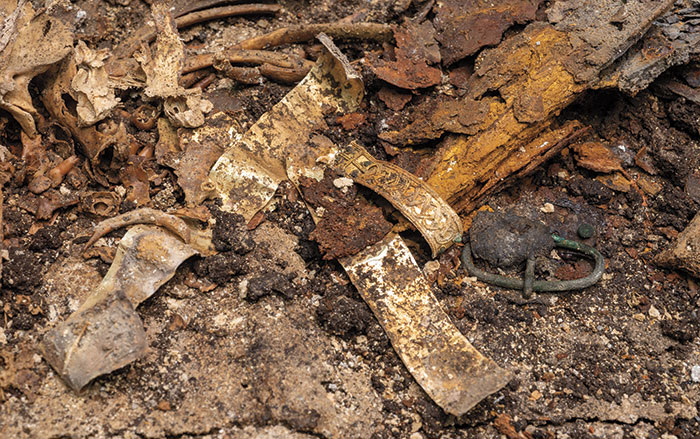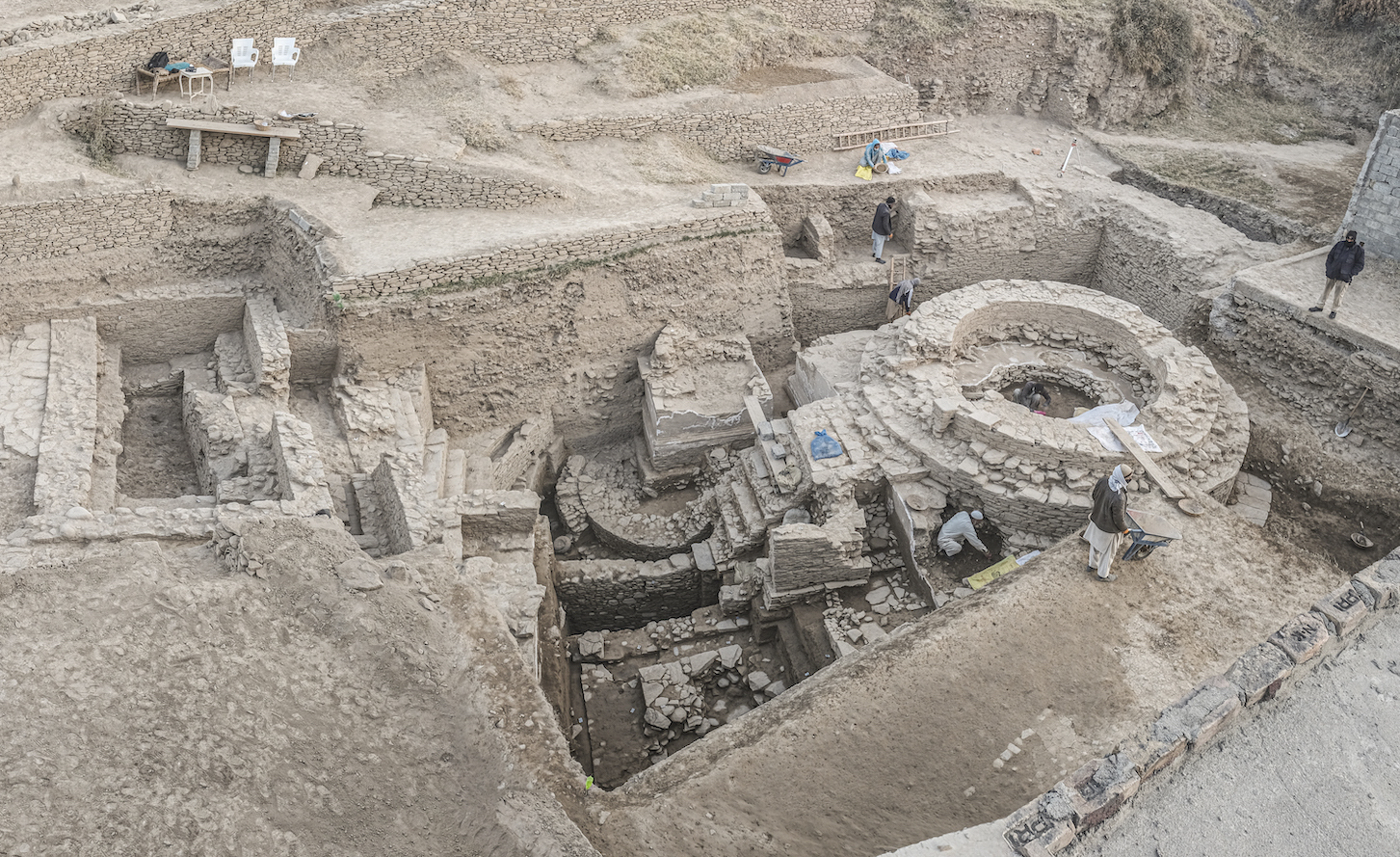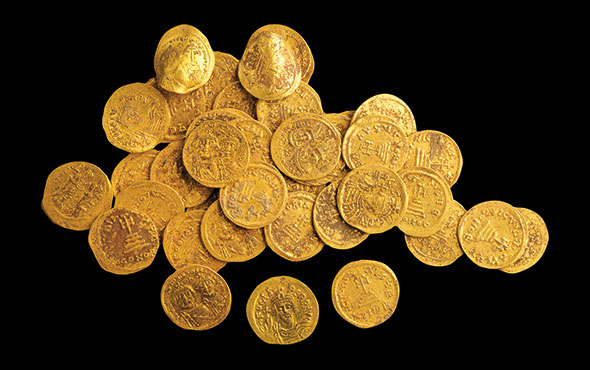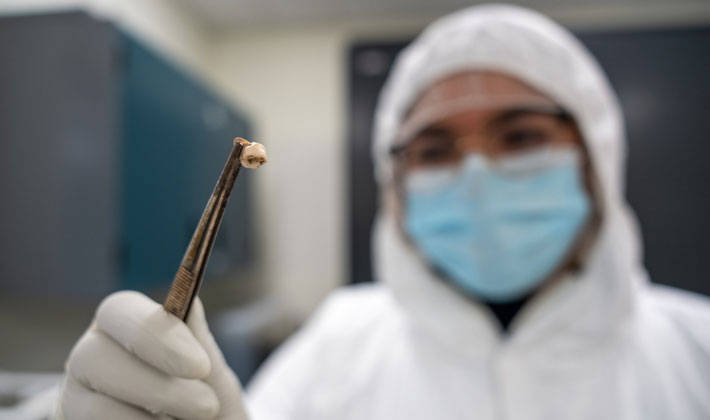
HAMILTON, ONTARIO—According to a statement released by McMaster University, a team of scientists including Julia Gamble of the University of Manitoba and Ravneet Sidhu of McMaster University looked for fragments of DNA from Yersinia pestis, the bacteria that causes plague, in the teeth of nearly 300 sets of human remains unearthed at 13 different archaeological sites in Denmark. They detected plague in 13 of these individuals, and were able to collect enough genetic information from nine of them to study the arrival and spread of different strains of plague in Denmark over some 300 years during the medieval period. Jesper L. Boldsen of the University of Southern Denmark said that the results show that as new pathogens were introduced to Denmark, they produced waves of plague in urban and rural areas. Some of these strains were traced to the Baltic region and Russia, he added. Although plague struck Denmark’s port cities the hardest, it was also detected at a rural site in central Denmark with no access to water transport, suggesting that the disease was carried inland by humans or other disease vectors traveling with them. For more on Yersinia pestis, go to "A Killer Bacterium Expands Its Legacy."


